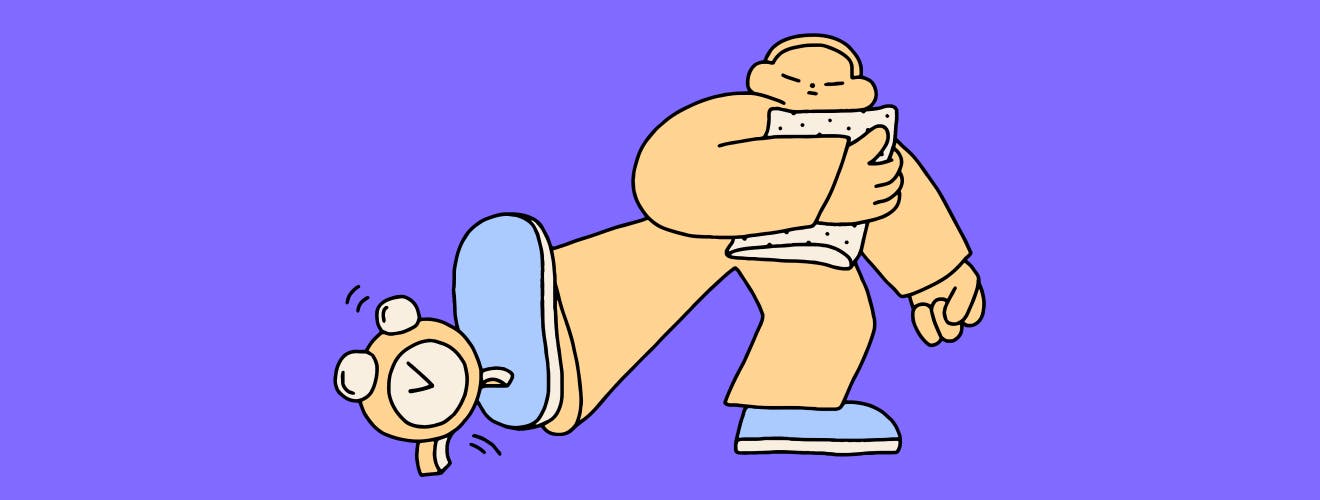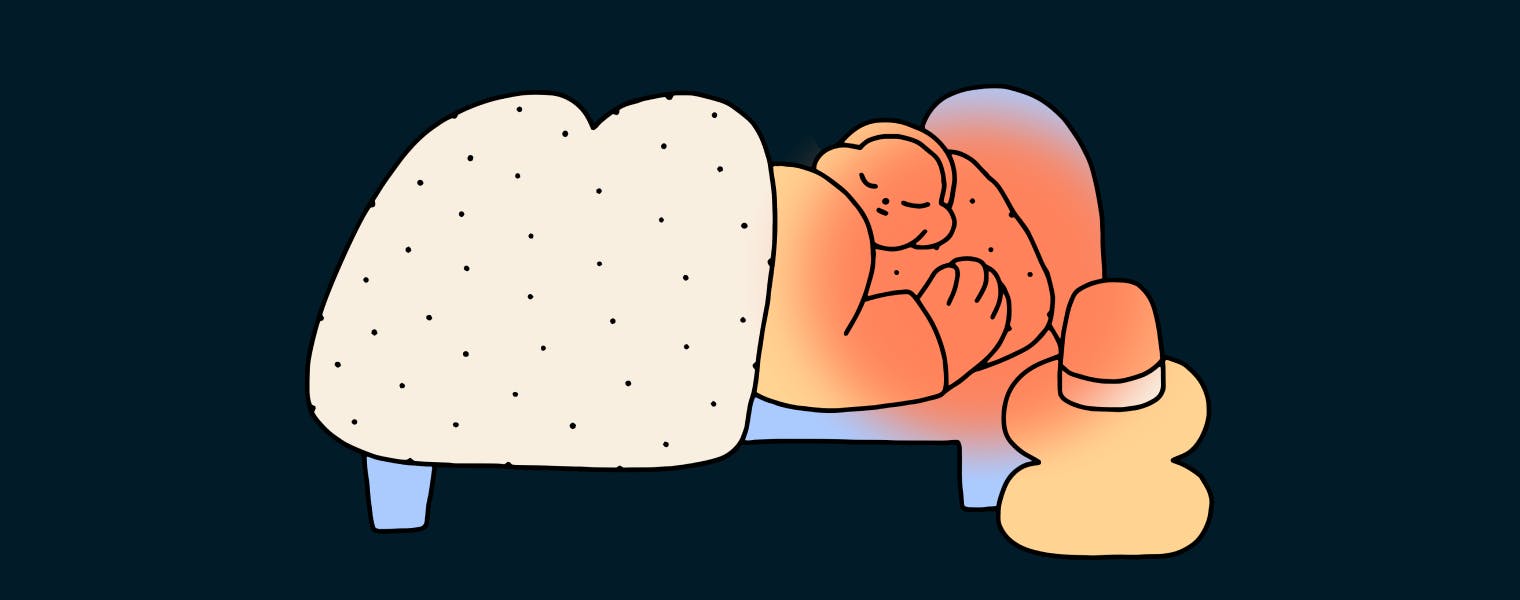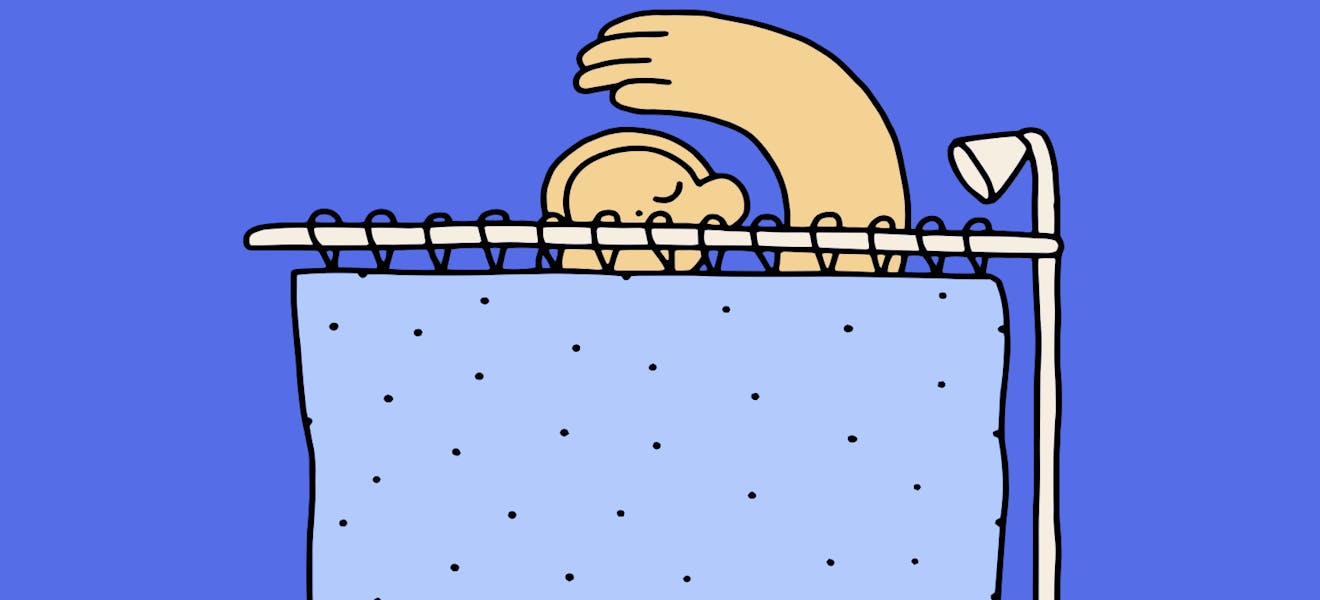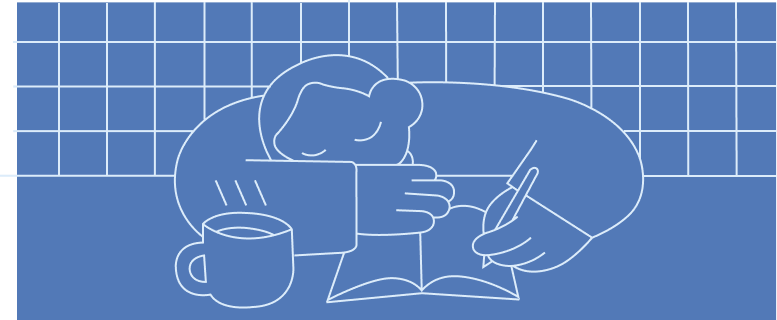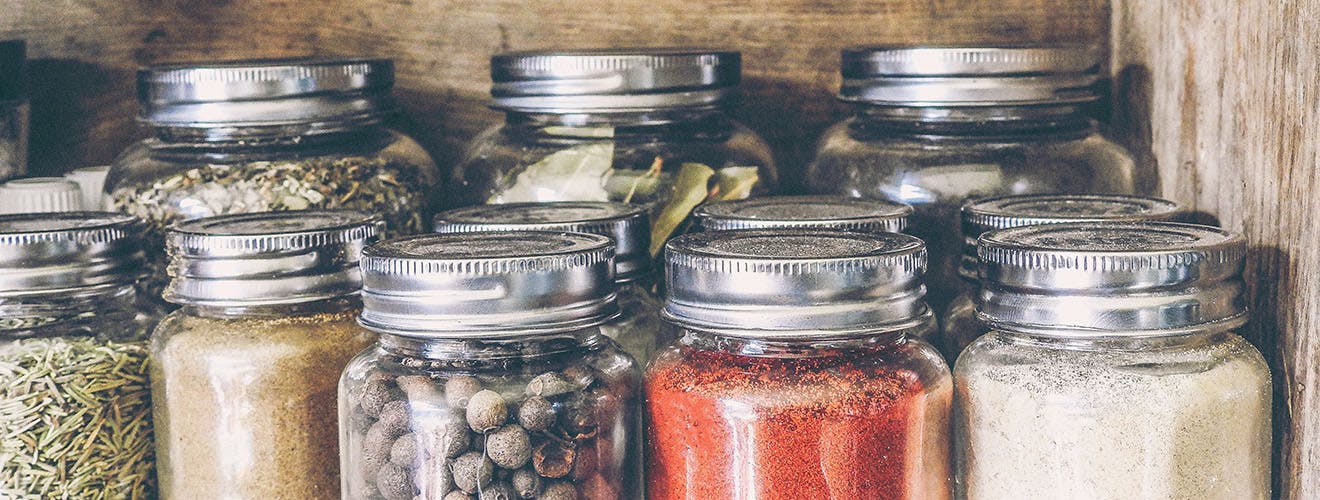Essential Oil Blends for Sleep
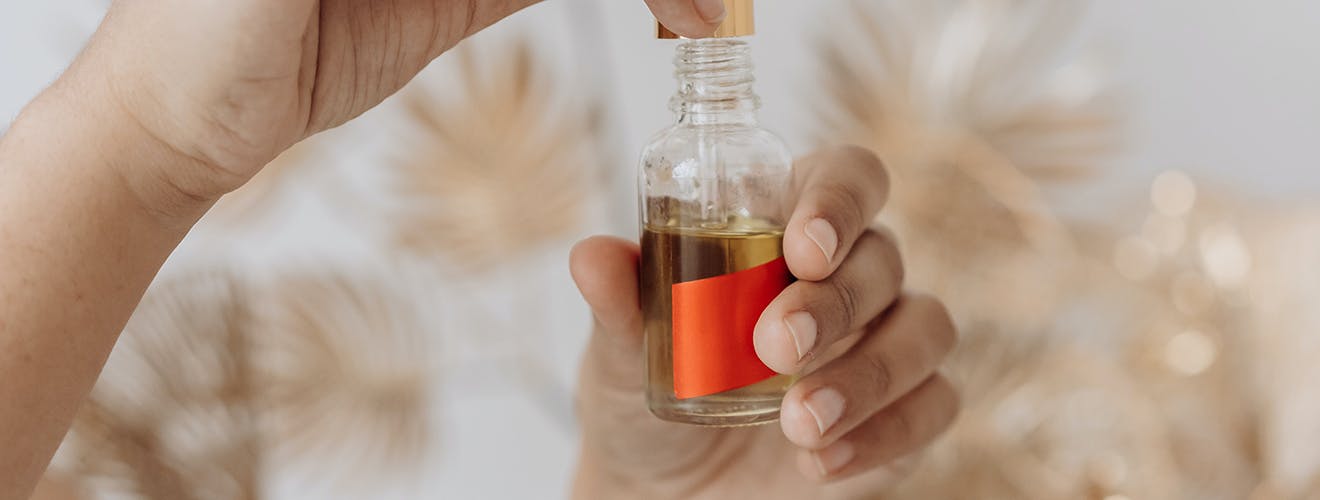
Essential oils seem like they’re everywhere. Brands say to put them in your hair to help it grow, your scalp to relieve discomfort, and your skin to help heal wounds. Now, people turning to essential oil blends for sleep. And the reason why circles back to the benefits of natural scents. Natural fragrances are known to help stimulate your brain and memory and deliver a wealth of mental health benefits. It's not a new phenomenon, either. Essential oil blends have been celebrated since the days of ancient Egypt. So how can the fragrances that essential oils give off help you achieve a more restful night's sleep? Let’s start with understanding more about essential oils, in general.
What Are Essential Oils?
Essential oils are highly concentrated extracts from potentially beneficial plants. Of course, the word "potential" is important to emphasize here. While many plants produce essential oil, not all can be extracted, and not all carry such beneficial properties.
Essential oils are known for their therapeutic benefits and are commonly used in natural and alternative health practices such as aromatherapy. They can be obtained either by steaming or cold pressing. They each have different effects depending on the plant they are extracted from. While essential oils and the term aromatherapy are often used interchangeably, not all essential oils have a pleasant smell.
The ones that do, however, are often used in meditation and for sleep. These fragrances are thought to make your bedroom more conducive to quality sleep and enhance the surrounding environment.
A study found that essential oils improve the sleep quality of elderly patients. Additional research finds that they can improve sleep quality among children with acute lymphoblastic leukemia. Even among young, healthy sleepers, the essential oil has been shown to positively impact sleep.
A systematic review of studies regarding the inhalation of essential oils concluded that they may be beneficial to people with mild to moderate sleep disturbances.
9 Best Essential Oils for Sleep
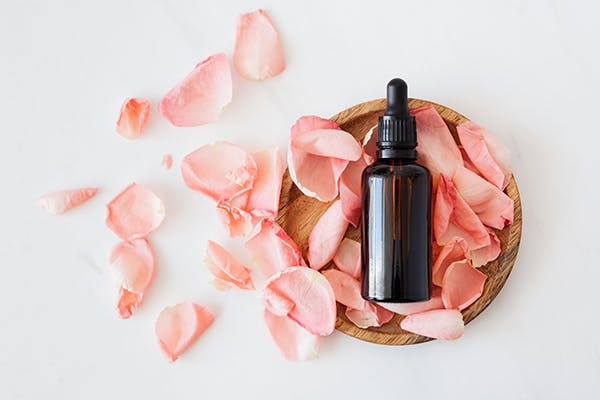
Using essential oil for aromatherapy is a great way to secure a good night's sleep. But not all essential oils function in the same way. This makes it difficult to pinpoint what exactly you need to get for a specific reason. Keep reading for more information. We've gone ahead and handpicked the best essential oils for restful sleep so you don't have to.
Lavender
Lavender essential oil is the most frequently studied essential oil, and rightfully so. Lavender essential oil contains linalool and linalyl acetate which give it its anxiolytic, mood stabilizer, sedative properties which can facilitate a good night's sleep. Research has proven time and time again that lavender essential oil is a natural sleep aid and promotes relaxation, helps with anxiety and depression among others.
Roman Chamomile
Roman chamomile essential oil is derived from Chamaemelum nobile or Anthemis nobilis. Not to be confused with German chamomile (Matricaria recutita or Chamomilla recutita) which differ slightly in appearance as well as in chemical properties.
Roman chamomile essential oil has amuscle-relaxing effect, which can relieve tension after a stressful day as well as help with digestive problems. Studies have also shown that Roman chamomile has a significant effect on sleep quality among students and the elderly.
Bergamot
Bergamot is many people's favorite essential oil for sleep. Like lavender, bergamot contains linalool and linalyl acetate that induce calming effects to the nervous system. A fragrant herb found in North America, bergamot not only lowers blood pressure and improves mental health, but also helps improve sleep quality and relaxation.
Cedarwood
The woodsy scent of cedarwood makes for an ideal sleep environment. Cedarwood essential oil not only gives you the illusion of being in the arms of mother nature, but it also has sedative effects.
This is because of its main compound called cedrol which is a terpene with a fainter scent than others. One study found that cedrol had a sedative effect in people of three different countries despite differences in ethnic and living environments.
Ylang-Ylang
Ylang-ylang is one of the best essential oils for sleep and is believed to aid in processing negative emotions. One study found that in conjunction with lavender essential oil and bergamot, ylang-ylang can help you fall asleep better while reducing stress and anxiety.
Frankincense
Like many others in this list, frankincense has a warm, spicy aroma that can help you relax. With its woody scent, frankincense essential oil has a calming effect and has been known to be called the king of essential oil for its variety of uses. It eases anxiety, aids sleep, boosts immunity as well as helps with meditation.
Vetiver
Vetiver essential oil is also known as khus oil and comes from a plant native to India. It comes from the same family as lemongrass and helps with nerve and circulation problems as well as stomach pain. One study also found that vetiver essential oil may help with breathing problems thereby easing you to sleep.
Sandalwood
Sandalwood essential oil has many health benefits, not the least of which is improving skin conditions like eczema and acne. But it's also a fan favorite essential oil for its sweet and woody aroma that can help minimize anxiety and lower blood pressure.
Sweet Marjoram
Marjoram is technically a spice, but its spicy aroma has a calming effect and helps with emotional stress. It aids with depression, headaches, diabetes, mood swings, and menopause among others. It also helps with sleep problems and is a good choice to put in a sleep diffuser blend.
Best Essential Oil Diffuser Blends For Sleep
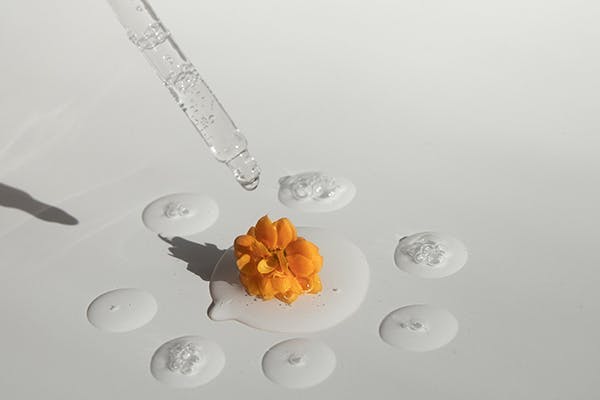
Now that we have your essential oil list covered, it's time to tackle essential oil diffuser blends for sleep. This is tricky, because as much as oils like lavender smell nice on their own, they don't all mesh well together. They're also not all good for sleep, so it's important to be careful not to add in an essential oil that may make you more alert, for example.
To help you fall asleep and stay asleep, we collected essential oil blends for sleep that you can just drop into your diffuser as easy as one, two, three.
Keep Calm and Sleep Blend
Anytime you need a little soothing, sweet marjoram is there to help lull you to sleep. Plant Therapy recommends a blend with 2 drops of frankincense, 2 drops of orange, and 1 drop of sweet marjoram for a night of relaxation.
Bye Bad Dreams Blend
Aromatherapy not only helps you relax but also banishes nightmares. Vetiver combats insomnia, stress, and mental exhaustion. Jennifer Lane of Loving Essential Oils recommends mixing 5 drops of orange essential oil with 3 drops of vetiver to counter nightmares and ensure a night of deep, peaceful sleep.
Sleep Through the Night Blend
Many people find it difficult to sleep through eight hours without waking up once, or twice, or more. This recipe from Whimsy + Wellness combining three soothing oils that are scientifically proven to help with sleep will help you stay in bed for longer. Just diffuse 4 drops of lavender, 3 drops of bergamot, and 1 drop of ylang-ylang and enjoy a peaceful night.
Hard Day's Night Blend
After a stressful day, we all look forward to bedtime. Lavender has calming properties, so mixing it with vetiver and its stress-relieving properties is sure to ensure a good night's sleep and an energetic morning. One Essential Community recommends a 1:1 ratio of lavender and vetiver. Just diffuse 3 drops of lavender and 3 drops of vetiver and you're good to go.
How Can Essential Oils Help You Sleep?
Essential oils are typically found in aromatic plants and these plants usually contain volatile compounds. While each kind of essential oil is different and has its own set of chemical properties, all of them contain terpenes.
Terpenes are what give plants their aromas, and when extracted they determine what the essential oil will smell like as well. They are also known as "isoprenoids" and are largely responsible for the fragrance, taste, and pigments of plants.
They have many forms and varieties and depending on the plant they're extracted from, they also have different functions. For example, terpenes in tea tree oil are used to treat cutaneous infections while terpenes in cannabis plants possess psychoactive properties and are used against many infectious diseases.
That said, the way they affect the human body can be influenced by how they are taken. The method you use to take essential oil is important in determining the mechanism of action or the way your body will process the chemicals they have.
Common Ways to Use Essential Oils
There are many ways to use essential oils. Below, we will discuss the three most common ways they can be applied and impact your sleep.
Inhalation
Using essential oils for sleep is largely determined by the scents they produce, courtesy of their terpenes. The way they work has to do with how scents influence the human brain.
When essential oils make contact with your body, they impact the olfactory system in particular. Remember, the olfactory system is the bodily structure that serves your sense of smell.
Fragrances both directly and indirectly affect the psychological and physiological conditions of humans. Essential oils work through the olfactory system by modulating the secretion of neurotransmitters such as dopamine and serotonin which regulate the mood. Both dopamine and serotonin play a role in regulating sleep, which can help explain why essential oils have sedative properties.
Inhaling essential oil can also work by clearing your airways to help you relax and breathe easier, allowing you to arrive at sleep even faster. You can do this by either using essential oil diffuser blends, via dry evaporation, steaming, or using a spray.
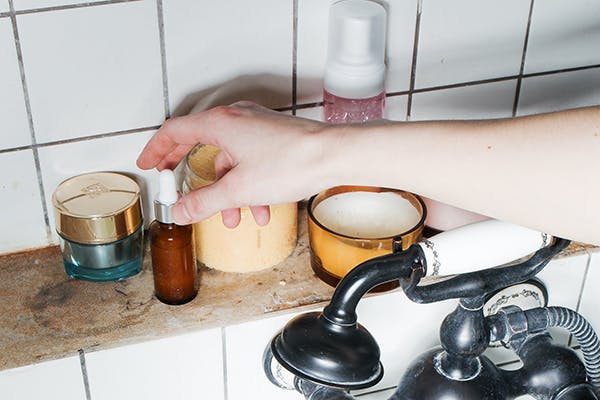
Topical Application
Another way to use essential oil is by directly applying it to the skin. You can either massage it to your skin, add it to your bath, use it for gargling, or apply it to a compress. Of course, it's important to note that essential oils cannot be directly applied to any part of your body without being diluted.
Again, essential oil is a concentrated extract or the essence of a certain plant. Once pure, they are too potent and may cause adverse reactions to your body. This is why to use it topically, it's important to dilute them first in water or carrier oils to lessen their potency.
When applied to the skin, the chemical components of essential oils can directly activate gamma-aminobutyric acid (GABA) receptors and transient receptor potential (TRP) channels. GABA is a neurotransmitter that inhibits certain brain signals and decreases activity in your nervous system. This produces a calming effect that can help alleviate stress, fear, and anxiety.
TRP channels, meanwhile, serve as temperature, chemical, and osmotic sensors. They are widely recognized for their role in sensory nervous systems and are involved in the formation of sight, hearing, touch, smell, taste, temperature, and pain sensation.
Applying essential oil to the skin can have a variety of beneficial effects depending on where you apply them. They may be able to relieve tension in the skull to relieve headaches. They can also help ease stomach problems such as cramps. That said, you shouldn't apply them to sensitive areas like your eyes or genitals.
Conclusion
Sleep is important for both mind and body. Essential oils can provide alternative treatments to various ailments that impede sleep. Unlike prescription sleep medications, they are safe and will have no adverse side effects when taken properly and in diluted amounts. They also won't give you a groggy, hangover feeling in the morning.
Sandland Sleep believes that people deserve holistic, natural sleep solutions that will leave no drawbacks for the mind and body. This is why our formulations are made with safety and efficacy in mind. Made with naturally-derived top-graded hemp extract and boosted by melatonin and natural peppermint, our supplements will give you a full 8 hours of sleep with zero drawbacks.
Definitely! An essential oil may be applied topically to the face, hands, chest, and feet. Massaging essential oil to the soles of your feet stimulates nerve endings and benefits the whole body. Just make sure you dilute them with water or carrier oils before doing so. Remember, pure essential oils are too potent for the skin and may cause adverse reactions.
Some of the best essential oils for sleep and relaxation are lavender, chamomile, bergamot, and ylang-ylang. You may also try woodsy essential oils like sandalwood and cedarwood, both have calming effects and help with sleep. Valerian has also been proven to help with insomnia, as well as frankincense, vetiver, and sweet marjoram.
You can! If you don't have a diffuser, using roller bottles is an excellent alternative to using essential oil. The rollerball will make sure to distribute your blend wherever it touches, and you can even use it as an applicator to massage your head or feet. They're also small enough so you can take your blends wherever you need to go.
